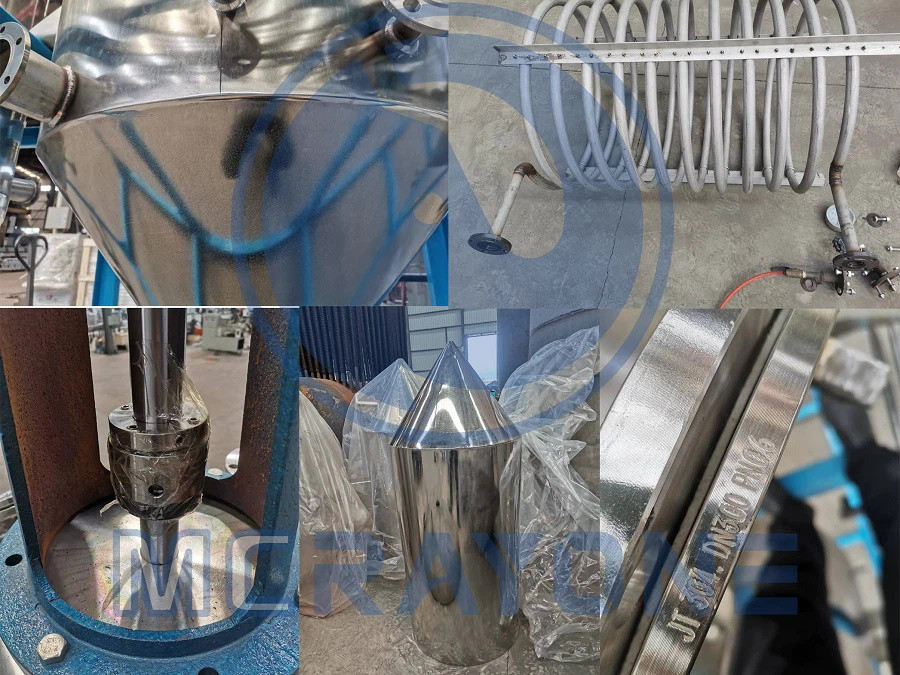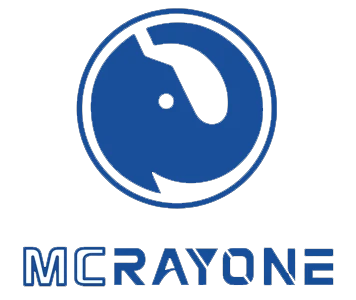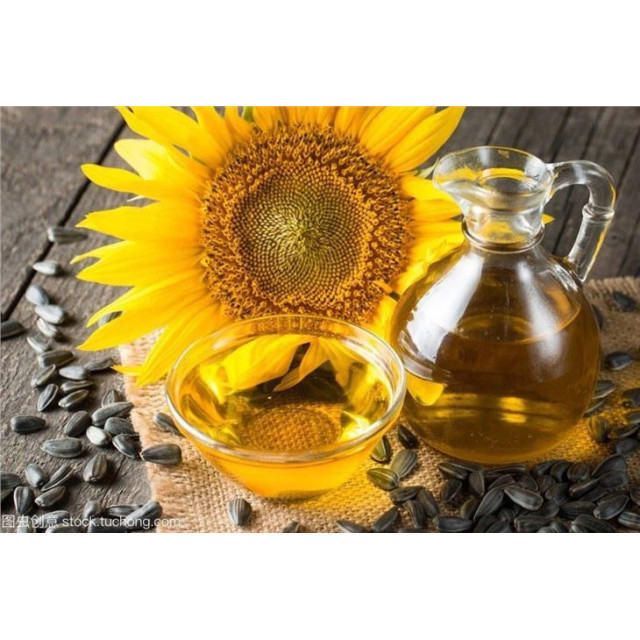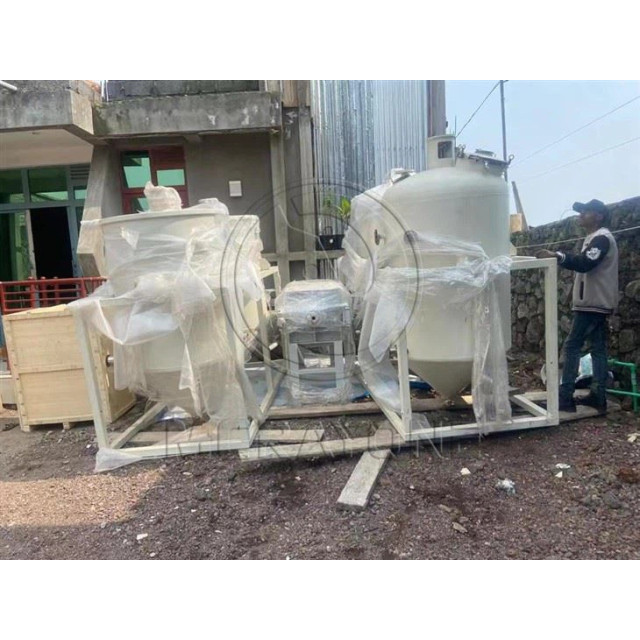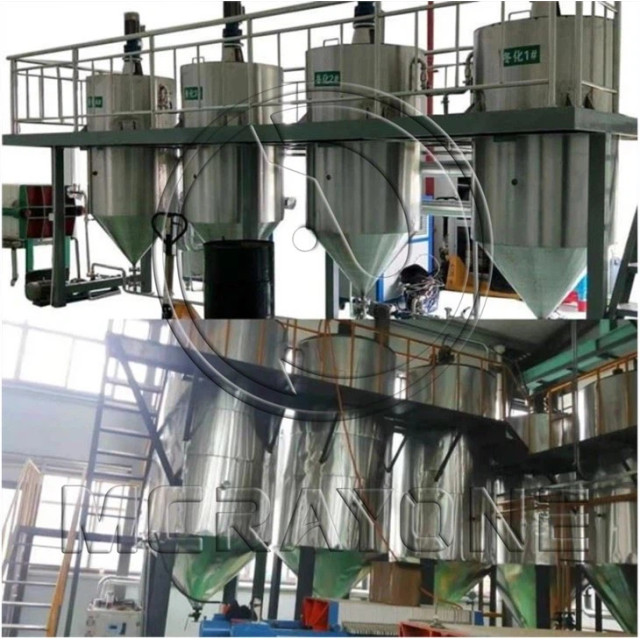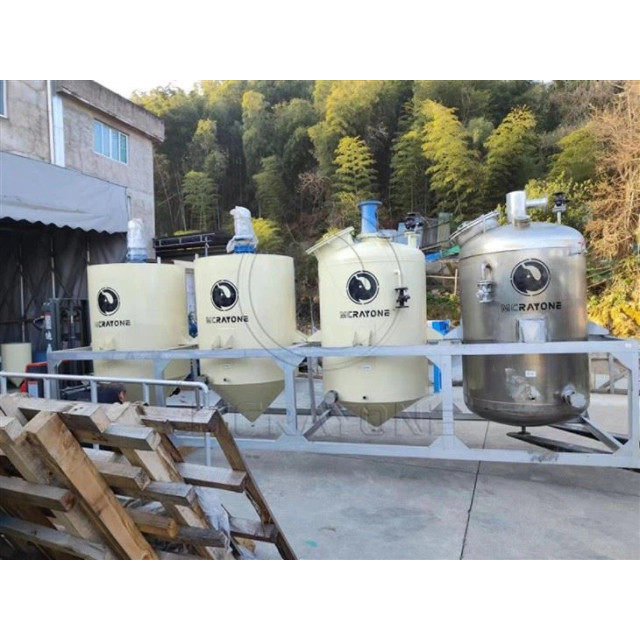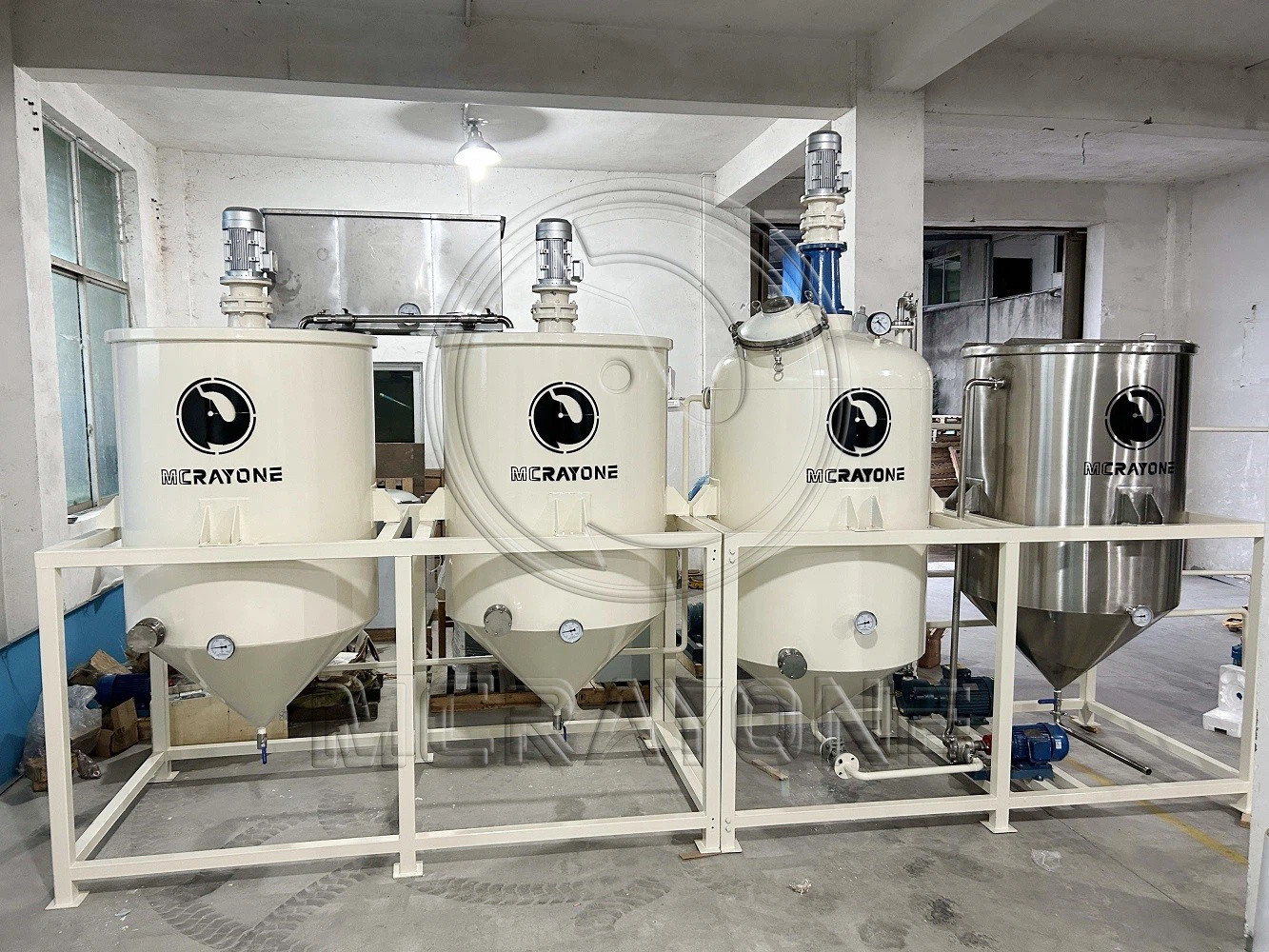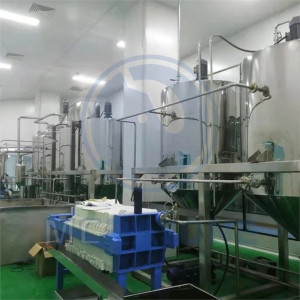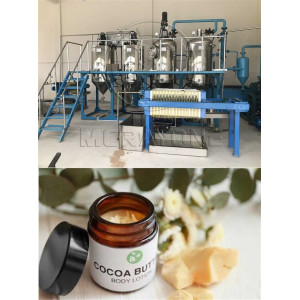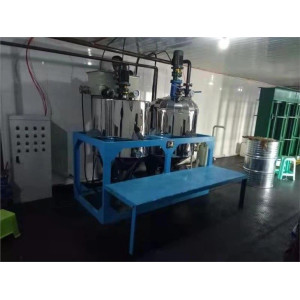Effect of deodorization process conditions on the quality of sunflower oil
1. Effect of deodorization conditions on the deodorization effect of PAEs in sunflower oil
Under the condition of deodorization time of 100 min, the removal rates of DBP, DEHP and DINP were 9.4%, 61.9% and 61.8% respectively at the deodorization temperature of 220℃; when the deodorization temperature was increased to 240℃, the removal rates of DBP, DEHP and DINP were 18.7%, 95.2% and 92.1% respectively, and DMP, DEP and BBP were almost completely removed. Continued to increase the deodorization temperature to 260 ℃, DBP, DEHP, DINP removal rate reached 35.7%, 100%, 99%, the residual amount of 0.151 mg/kg, not detected, 0.001 mg/kg, respectively. under the deodorization temperature of 260 ℃, shorten the deodorization time to 80 min, DBP, DEHP, DINP removal rate of 23.4%, 71.4%, 75.3%, respectively. 71.4%, 75.3%, DMP, DEP, BBP almost completely removed; then shorten the deodorization time to 60 min, DBP, DEHP, DINP removal rate of 7.7%, 42.9%, 36.0%, the deodorization effect is not satisfactory. From the above analysis, it can be seen that DBP, DEHP and DINP are more difficult to be removed than other components, probably because the content of these three components in the oil is higher and the boiling point is higher, so they need higher temperature and longer distillation time to be removed.
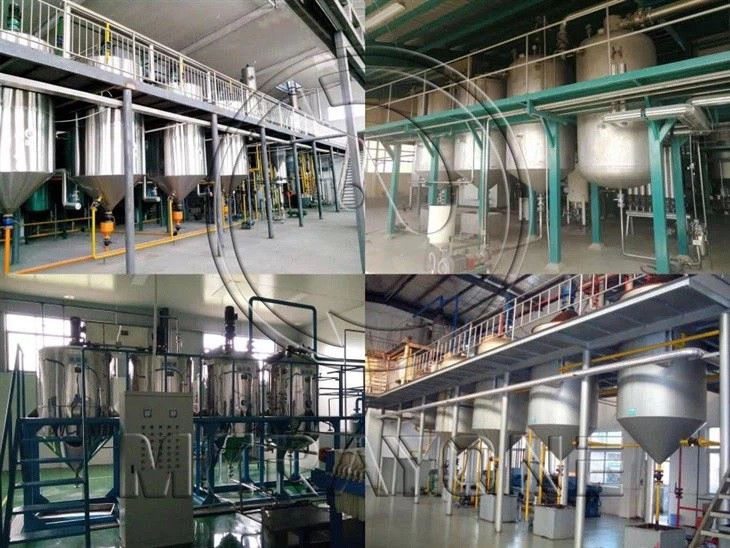
2. Effect of deodorization conditions on the deodorization effect of PAHs in sunflower oil
The content of 16 PAHs in sunflower oil decreased with the increase of deodorization time and deodorization temperature. At the deodorization time of 100 min and deodorization temperature of 220 ℃, the removal rates of BaP and PAH4 were 35.5% and 15.9%, and the residual amounts were 6.763 and 35.896 μg/kg, respectively, BaP reached the national standard limit (10 μg/kg), but BaP and PAH4 both exceeded the EU limit (2 and 10 μg/kg). The BaP and PAH4 removal rate was 56.1% and 38.9% respectively, and the residues were 4.604 and 26.095 μg/kg respectively, BaP was better than the national standard, but BaP and PAH4 still could not reach the EU limit; continue to increase the temperature to 260 ℃, BaP and PAH4 removal rate was 100% and 82.0%, BaP and PAH4 residues were not detected and 7.693 μg/kg respectively. and 7.693 μg/kg, both of which reached the EU limit. At the same time, it can be seen that the deodorization temperature is 260℃, even if the deodorization time is at the shortest 40 min, BaP also reaches the national standard limit. From the above analysis, it can be seen that the corresponding moderate deodorization and deep deodorization conditions can be selected according to different limits to take into account the effective deodorization of PAHs and less loss of nutrients and reduced energy consumption. The overall deodorization rate of LPAHs is higher than that of HPAHs under different deodorization conditions because the boiling point of LPAHs is closer to the deodorization temperature, and it is easier to escape with water vapor distillation.
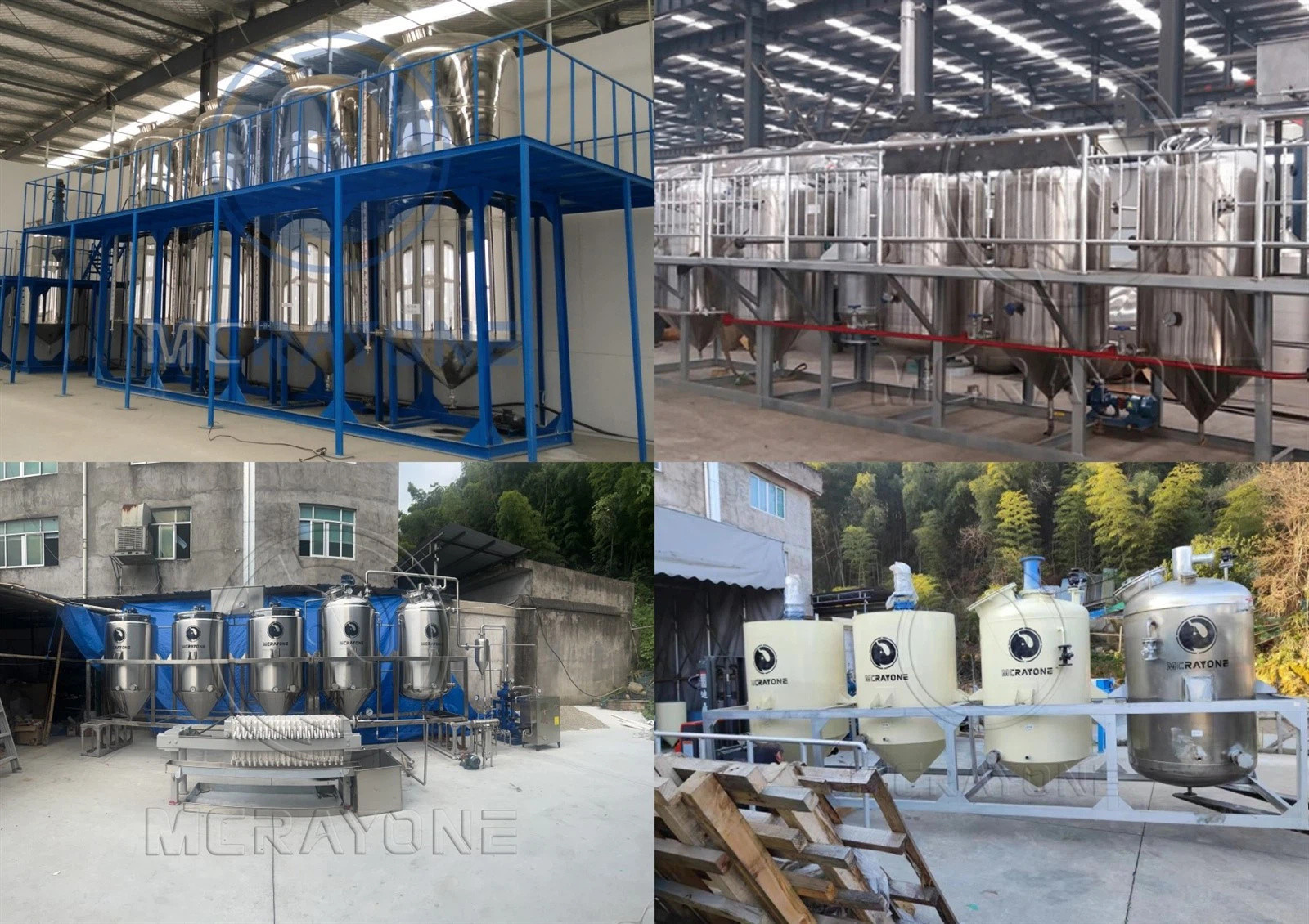
3. Effect of deodorization conditions on the beneficial components in sunflower oil
When the deodorization time was 100 min, the VE loss rate increased with the increase of deodorization temperature, and the VE retention rate was more than 90% when the deodorization temperature was lower than 230°C; when the deodorization temperature was higher than 230°C, the VE retention rate was less than 90%, and when the deodorization temperature increased to 270°C, the VE retention rate decreased to 66.2%. When the deodorization temperature was 260°C, the VE loss rate increased with the extension of deodorization time, and the VE retention rate decreased from 87.3% to 63.2% when the deodorization time was extended from 40 min to 120 min. This may be due to the high temperature and long time distillation deodorization caused part of the VE structure was destroyed or escaped with the deodorized distillate
4 Effect of deodorization conditions on fatty acid composition of sunflower oil
At a certain deodorization time (100 min), the content of trans fatty acids (TFA) increased significantly with the increase of deodorization temperature, especially after exceeding 250 ℃, the content of TFA increased rapidly, and the content at 260 ℃ was 1.8 times higher than that at 250 ℃, and when the deodorization temperature increased to 270 ℃, the content of TFA increased to 1.16%, which was 22.2 times higher than that in the deodorized oil. And the increase of trans linoleic acid content is the most significant. At a certain deodorization temperature (260°C), the TFA content increased significantly with the increase of deodorization time, and the TFA content was 21.2 times higher than that in the decolorized oil at 120 min. Trans fatty acids reduce the nutritional value of edible oils, promote arteriosclerosis as well as thrombosis in humans, and affect growth and development [23], so the deodorization conditions of oils and fats should be optimized, and moderate deodorization techniques should be used to prevent and control the generation of trans fatty acids.
5. Effect of deodorization conditions on the quality index of sunflower seed oil
Deodorization of oils and fats can not only remove the odorous substances in oils and fats, increase the smoke point of oils and fats, and improve the flavor of oils and fats, but also improve the stability, color and quality of oils and fats.
With the increase of deodorization temperature and deodorization time, the acid value of sunflower oil gradually decreased, the peroxide value first decreased and then increased, the overall smoke point increased, and the color became lighter.
There are two main types of standard refining systems based on the target quality criteria for refined oils.
|
Warranty: 10 years, service life of 10 years or more
Installation: Refining below 10TPD will be designed as an assemblable semi-finished product, and the customer will install the pipe connection according to the instructional video
|
|
| 1.Complete refining | 2.Simple refining |
|
Main items : dephosphorization, deacidification, dehydration, decolorization, deodorization Dewaxing (sunflower seeds, rice bran oil) / Fractionation (palm/palm kernel oil)
The finished oil is colorless, odorless, storage period is 2-3 years.
Quality Standards:1~2 grade oil standard.
Applications : large supermarket sales, export. |
Main items : dephosphorization, deacidification, dehydration Dewaxing (sunflower seeds, rice bran oil) / Fractionation (palm/palm kernel oil)
Finished oil with a little color, smell, storage period is 1-2 years.
Quality Standards:3~4 grade oil standard.
Applications : Basic edible standards |
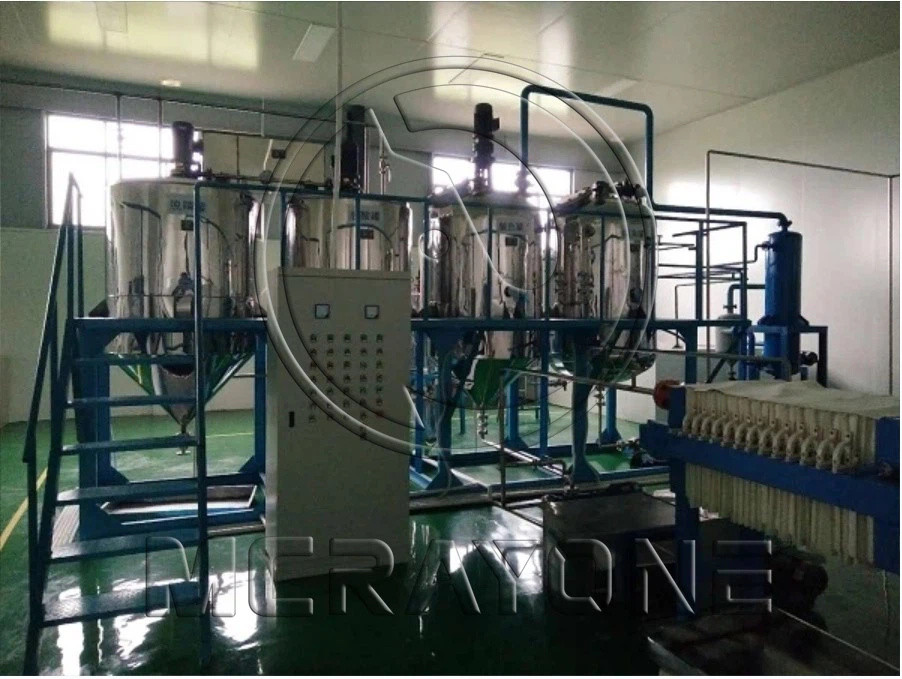 |
|
More details:
